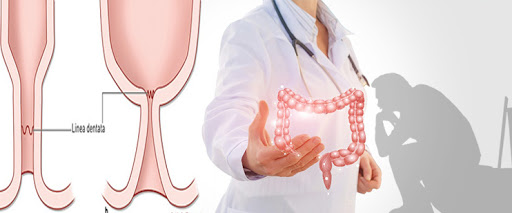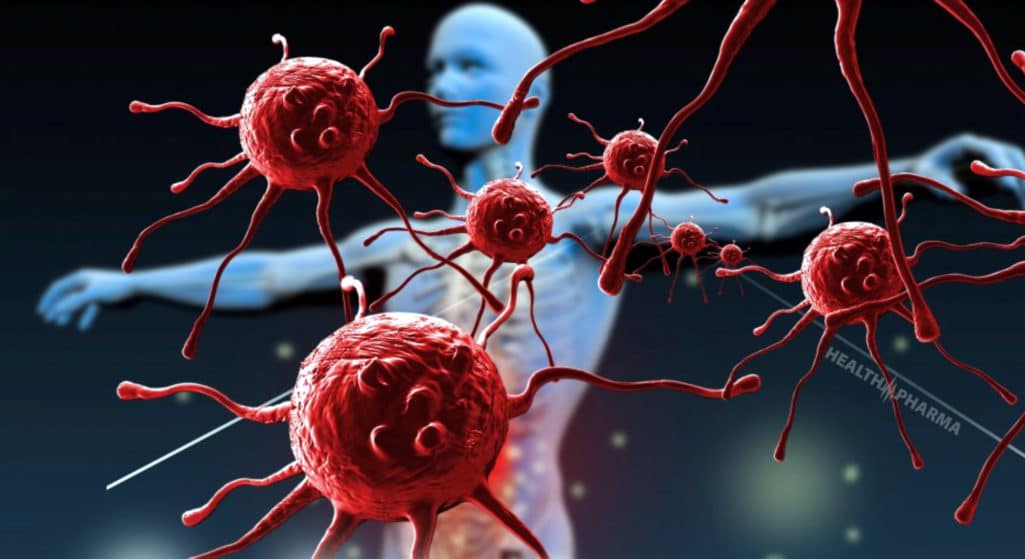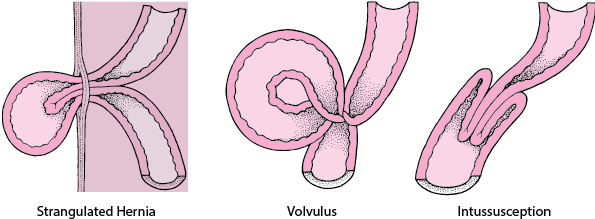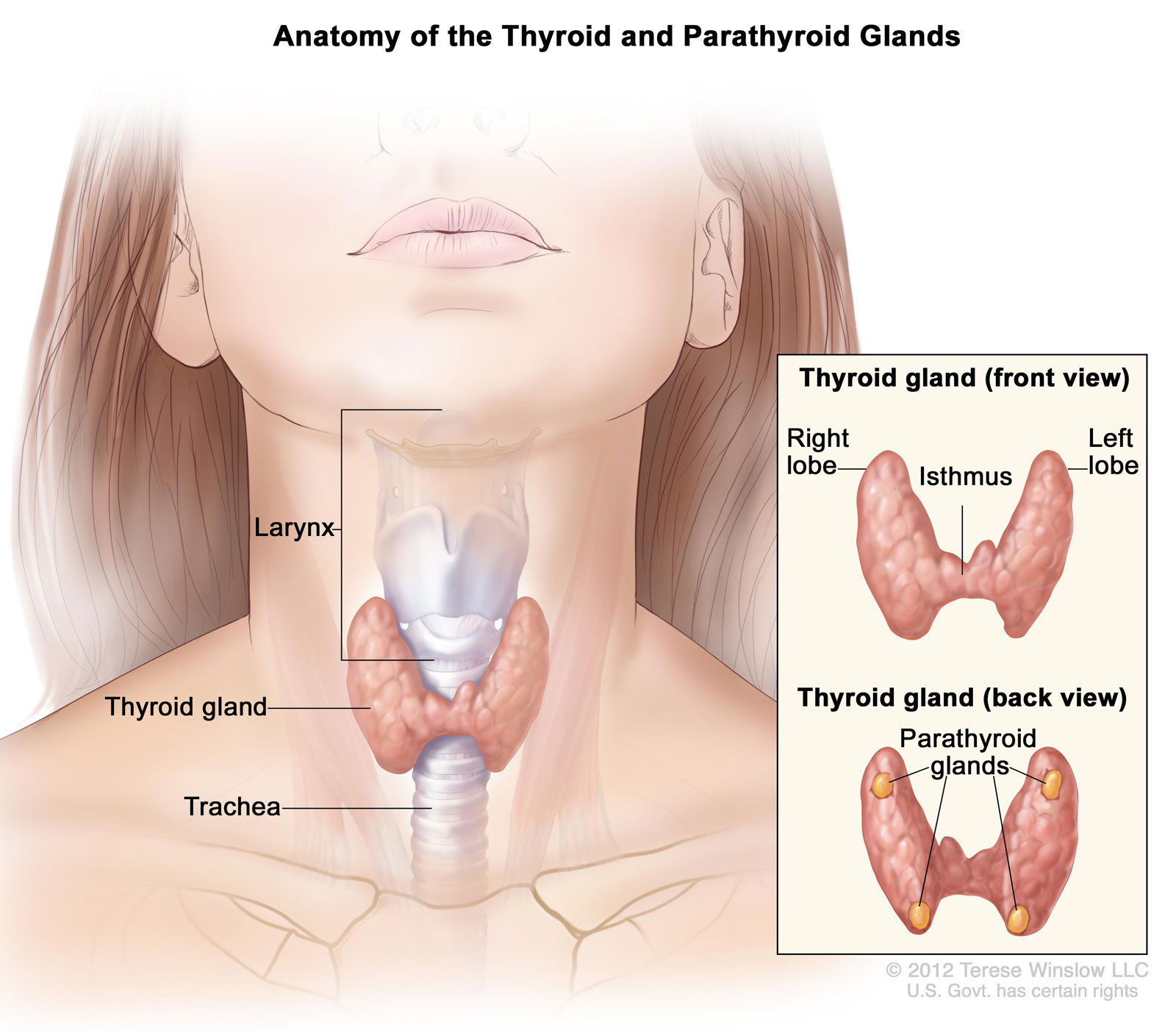
Gastroesophageal reflux after sleeve gastrectomy
GERD and gastric sleeve – Is there a link between surgery and GERD?
The answer is positive. Sleeve gastrectomy surgery can show the symptoms associated with gastroesophageal reflux disease (GERD). The gastric sleeve has been a solution to the problem of obesity for several years and contributes to immediate weight loss. Gastroesophageal reflux after gastric sleeve is common. This complication must be taken into account before operating.
What is gastroesophageal reflux disease (GERD)?
GERD is a chronic condition associated with frequent acid reflux attacks. This happens when stomach acid moves from the stomach to the esophagus, the tube that connects the throat to the stomach. It is the second most common disease of our gastrointestinal system and greatly affects the quality of life of patients.
Symptoms of gastroesophageal reflux disease (GERD)
The main symptoms of GERD include heartburn in the throat or chest, nausea, and difficulty swallowing. In addition, symptoms such as
- Unexplained cough
- Shortness of breath
- Sour taste in the throat
- Sore throat
- A hoarse voice.
Gastroesophageal reflux after gastric sleeve
Some people experience GERD symptoms for the first time after gastric sleeve surgery. However, it is also possible that GERD symptoms will improve after this weight loss procedure. This article explores the link between gastric sleeve surgery and GERD. Can GERD symptoms occur after gastric sleeve surgery?
Gastroesophageal reflux after gastric sleeve: How does gastric sleeve surgery increase the risk of GERD?
Gastric sleeve surgery is a type of bariatric surgery. A gastric sleeve can help you lose weight fast. Gastric sleeve surgery is also known as an elongated gastrectomy. Research shows conflicting results and findings regarding how gastric sleeve surgery affects GERD.
It appears, however, that three main factors are likely to contribute to GERD symptoms after gastric sleeve surgery. In particular, these three factors are the following:
- the shape of the sleeve
- damage to the lower esophageal sphincter (insufficiency)
- the presence of a hiatal hernia
By addressing these issues during surgery it is possible to reduce the risk of developing post-operative GERD.
What about other types of bariatric surgery?
If you are considering bariatric weight loss surgery, it is important to talk to your doctor about your GERD symptoms. Some weight loss procedures can make GERD worse if you already have it. Additionally, other bariatric procedures can cause GERD symptoms.
If I have gastroesophageal reflux can I have a gastric sleeve?
Research so far shows that reflux patients are better off with the gastric bypass method. This method, also known as Roux-en-Y gastric bypass (RYGB), is the most effective bariatric surgery for patients with GERD symptoms.
Gastroesophageal Reflux After Gastric Sleeve: Research-Based Appropriateness of Gastric Bypass
A 2018 review found that gastric bypass surgery is the best weight loss surgery option for people who already have GERD. Similarly, researchers in the 2020 Trusted Source and 2021 reviews noted that gastric bypass surgery is usually associated with improvement in GERD symptoms.
Conversely, adjustable gastric banding is another bariatric procedure that appears to increase the long-term likelihood of GERD symptoms, according to research. Therefore, it is not indicated under any circumstances in patients who already have gastroesophageal reflux.
Can GERD cause complications?
Acid reflux caused by GERD can irritate the esophagus. Over time, this irritation can lead to complications such as:
- Esophageal ulcers: Frequent acid reflux can cause sores, known as esophageal ulcers, to develop inside the esophagus.
- Esophageal strictures: Esophageal strictures occur when scar tissue associated with long-term irritation causes a narrowing of the esophagus. These strictures can make swallowing difficult and increase the risk of choking.
- Barrett’s esophagus: This complication can occur when exposure to stomach acid leads to changes at the cellular level in the esophagus. Barrett’s esophagus can increase the risk of esophageal cancer.
In addition to long-term complications, GERD can also have an impact on your daily life. According to a 2020 review, GERD is associated with reduced physical and social activities, which even results in psychological problems.
When to get care
If you’ve had gastric sleeve surgery, you’ll have several follow-up appointments with your doctor over the next few months. After the first year, your doctor may conduct annual or semiannual follow-up appointments. If you experience symptoms of GERD, you should tell your doctor. It’s worth reporting your symptoms, even if they’re mild, as they can get worse over time.
Your doctor can help you monitor your symptoms and offer treatment options. If you don’t have an appointment scheduled and symptoms suggestive of GERD are affecting your daily activities, contact your doctor to get the right diagnosis and treatment.
How is GERD treated?
According to a 2020 review, most postoperative GERD symptoms are managed with medication. There are several over-the-counter and prescription medications available. In particular, these include:
- antacids
- H2 receptor
- blockers proton pump inhibitors
If symptoms do not improve, patients will need to undergo gastric bypass. Converting the gastric sleeve to gastric bypass can effectively help treat reflux. Conversion to gastric bypass may improve GERD symptoms in people who have previously had gastric sleeve surgery
In conclusion
Gastric sleeve surgery may increase the risk of GERD. At this point, it should be mentioned that not everyone who has gastric sleeve surgery experiences acid reflux after surgery. If you have already had gastric sleeve surgery and are experiencing any symptoms of GERD be sure to discuss your symptoms with your doctor.
General Surgeon Nikos Vlachos, having specialized in obesity surgery, has carried out a series of successful operations to deal with obesity and knows in depth all the possible complications of the operations as well as the ways to deal with them. Contact us and book your appointment to receive a personalized diagnosis from Dr. Vlacho.
.









